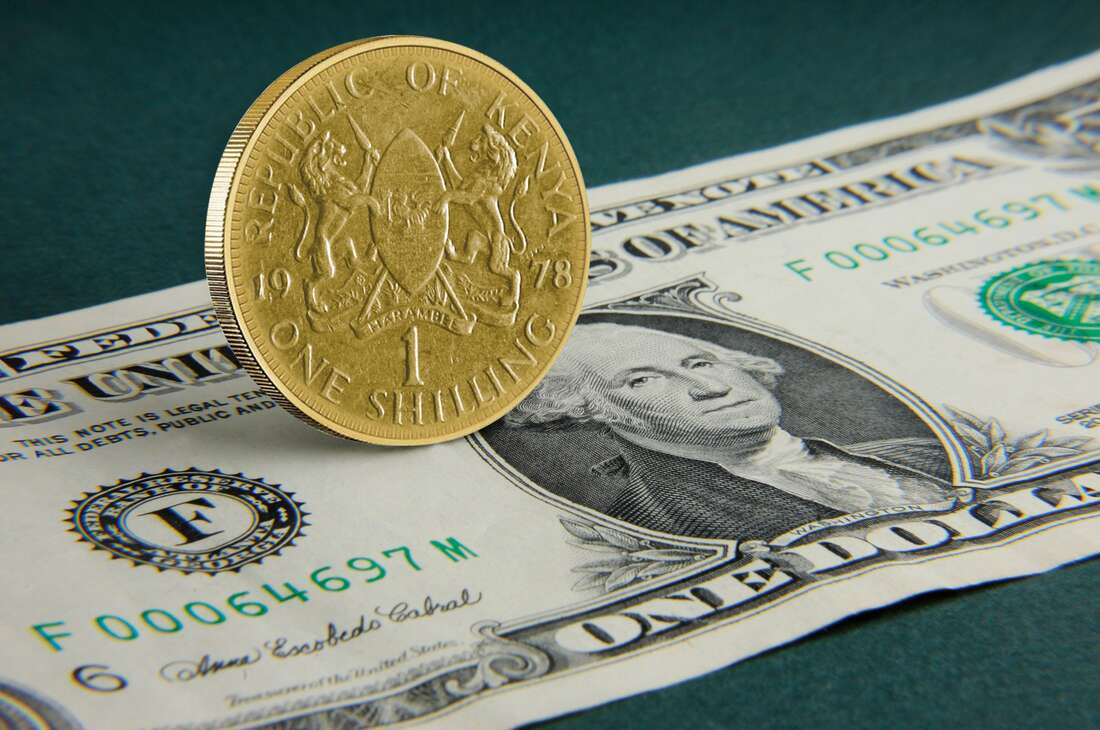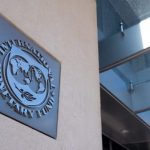Shilling sinks to a new time low against the dollar – Business Daily
The shilling on Friday touched an all-time low of Sh120 against the dollar in intraday trading. FILE PHOTO | NMG
The Kenyan shilling has hit a new record low trading against the dollar, after it weakened to 117.01 on Thursday, indicating a continued rally in prices of imported commodities like fuel and cooking oil and pointing to a further dollar shortage crisis.
The depreciation is attributed to increased demand for dollars from importers, especially crude oil and merchandise traders. It is set to increase prices of imported goods and put pressure on the country’s debt repayment given that most external debt is repaid in the dollar.
The Kenyan currency has also suffered the strengthening of the US dollar which has appreciated by 6.8 percent since the start of the year, following the recent rate hikes that have made the greenback a safe haven for investors amid global uncertainties following Russia’s invasion of Ukraine.
ALSO READ: Dollar shortage sparks parallel exchange rates
This has seen the local currency decline 3.5 percent or Sh3.96 since the start of this year amid speculation of further decline.
The continued weakening however is set to hit manufacturers who have raised the alarm of dollar shortage and struggle to settle payments to oversee suppliers on time.
The crisis has triggered a parallel exchange rate market with the firms revealing that they are buying the dollar at more than Sh120 compared to the central bank’s official exchange rate.
A weakening shilling is expected to cause panic buying of the greenback at banks and forex bureaus and hoarding of dollars worsening the crisis.
The Central Bank of Kenya’s Governor Patrick Njoroge has underplayed the level of depreciation and disputed claims on the constraints in dollar supply which has also been tied to capital outflows from advanced and frontiers markets.
“With other African currencies depreciating…we are pretty much in the middle of the park. It is important to note what is happening in the currency market and the strengthening of the US dollar currency because of their stance on quantitative tightening that they have been doing. Those policies have attracted inflows back into the US strengthening its currency as opposed to other currencies that weakened,” said Governor Njoroge.
“It is a play in advanced economies and a play on the dollars and this is why we feel confident about the reasons for our depreciation and also how much it is – level depreciation (at 3.1 percent on May 30),. This is something that not much requires explanation but requires just appreciation of what is being under said.”
He said the market has been pumping in about $2 billion every month, enough to cover the demand.
ALSO READ: Kapa Oil operates below capacity on lack of dollar
The country spends billions importing a wide variety of goods, including petroleum products, wheat, second-hand clothes, motor vehicles, vegetable oils and industrial machinery, whose costs are rising as the shilling weakens against the dollar.
These products including those made from imported raw materials are expected to rise in the wake of the shilling weakening.
Kenya Association of Manufacturers (KAM) in April said their members had faced strained relations with suppliers due to dollar liquidity in the market, at a time competition for raw materials has intensified globally due to rising demand amid lingering supply chain constraints.
***UPDATED











